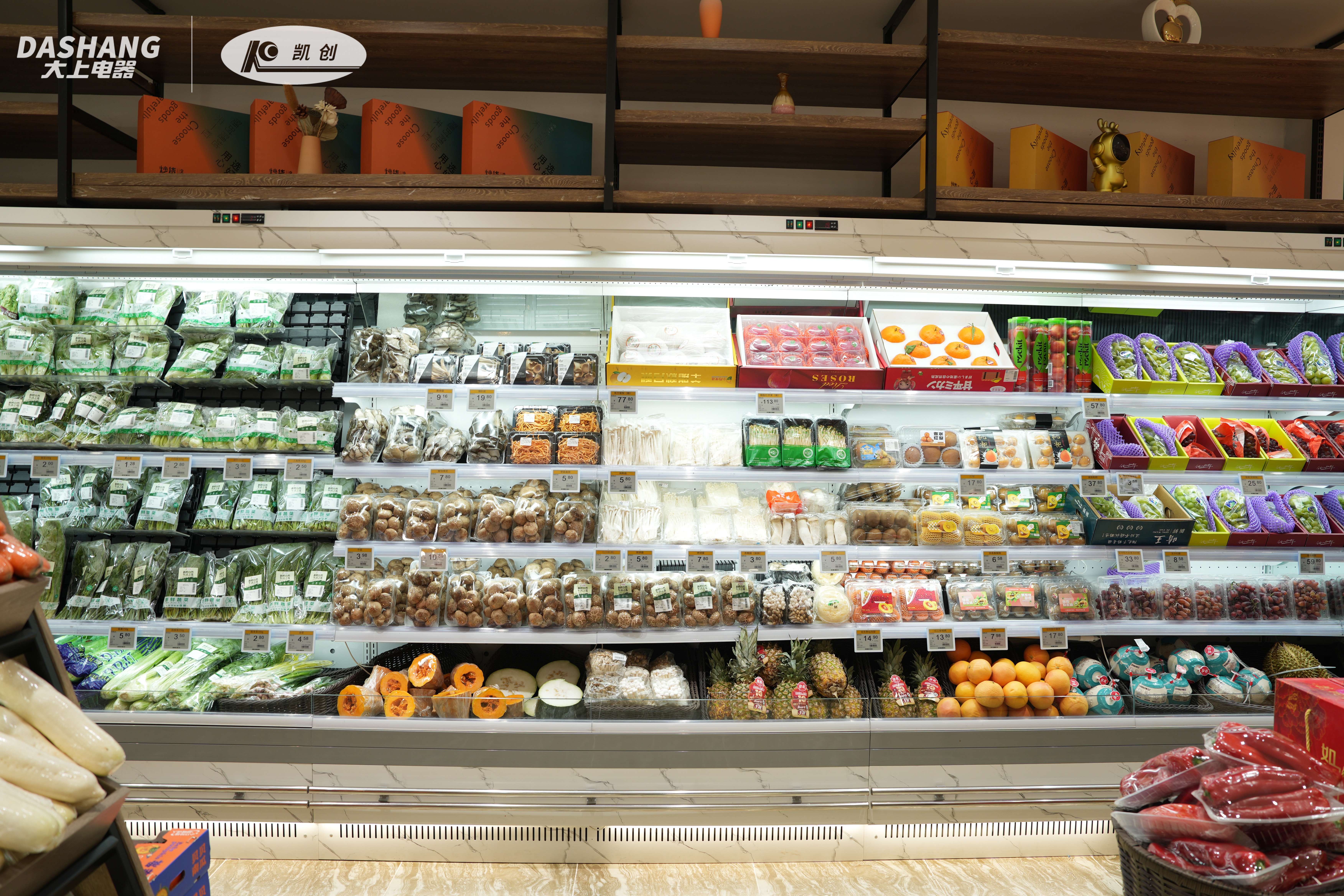A reliable supermarket freezer is more than just a place to store frozen goods; it’s a strategic asset that can significantly influence your store’s profitability and customer experience. From preserving product quality to enhancing visual appeal and driving impulse buys, the right freezer setup is critical for any grocery or convenience store. This guide will walk you through the essential aspects of selecting and maintaining the perfect freezer solutions to meet your business needs.
The Importance of the Right Freezer Solution
Investing in a quality freezer is a decision that pays off in multiple ways. Here’s why it’s a foundational element of your supermarket:
- Preserves Product Integrity: The primary function of a freezer is to maintain a consistent, low temperature to prevent food spoilage. A high-performing unit ensures that your products—from ice cream to frozen vegetables—remain in excellent condition, reducing waste and protecting your brand reputation.
- Enhances Customer Shopping Experience: A well-organized, clean, and properly lit freezer display makes it easy for customers to find what they’re looking for. This seamless experience encourages them to spend more time in your frozen goods section and can lead to increased basket size.
- Drives Impulse Sales: Eye-level, well-stocked displays with clear glass doors can act as powerful sales tools. Seeing tempting frozen treats or meal options can lead to spontaneous purchases, especially when the products are visually appealing and easily accessible.
- Optimizes Energy Efficiency: Modern commercial freezers are designed to be energy-efficient. Choosing models with features like LED lighting, high-quality insulation, and efficient compressors can result in substantial long-term savings on your utility bills.
Key Features to Look for in a Supermarket Freezer
When you’re ready to upgrade or buy a new supermarket freezer, keep these key features in mind to ensure you get the best performance and value.
- Type and Design:
- Chest Freezers: Ideal for bulk storage and “treasure hunt” style merchandising. They are very energy-efficient due to their top-loading design, which prevents cold air from escaping.
- Upright Display Freezers: These are perfect for showcasing products with clear glass doors. They are excellent for impulse purchases and are easy for customers to browse.
- Island Freezers: Great for placing in high-traffic aisles to create a dedicated frozen foods section or for promotional displays.
- Temperature Consistency:
- Look for models with a reliable and precise temperature control system.
- The unit should maintain a stable temperature even with frequent door openings, which is crucial in a busy retail environment.
- Capacity and Accessibility:
- Evaluate the available space in your store and the volume of products you need to stock.
- Consider units with adjustable shelving or dividers for flexible organization.
- Doors should be easy to open and close smoothly.
- Energy Efficiency and Maintenance:
- Prioritize freezers with a high energy efficiency rating.
- Features like self-defrosting and removable components can make routine maintenance and cleaning much easier, saving time and labor costs.
- Check the type of refrigerant used; newer, eco-friendly refrigerants are more sustainable.
Summary
A supermarket freezer is a cornerstone of your store’s operation and an essential tool for sales and customer satisfaction. By carefully considering the type, temperature control, capacity, and energy efficiency, you can choose a freezer that not only keeps your products perfectly frozen but also enhances your store’s appeal and drives profitability. A strategic investment in the right freezer setup will minimize waste, delight customers, and support your business goals for years to come.
FAQ
Q1: How can a supermarket freezer help with energy costs? A: Modern freezers are designed with energy-saving features like LED lighting, high-efficiency compressors, and superior insulation. Upgrading to a new model can significantly lower your electricity bills compared to older, less-efficient units.
Q2: What is the ideal temperature for a supermarket freezer? A: The ideal temperature for most frozen foods is 0°F (-18°C) or below. Maintaining this temperature ensures food safety and quality, preventing freezer burn and spoilage.
Q3: How often should I defrost a supermarket freezer? A: Most modern commercial freezers have an automatic self-defrosting cycle. For older models or chest freezers, you may need to manually defrost them when ice buildup reaches about a quarter-inch thick to ensure efficiency and performance.
Q4: Should I choose a glass-door or solid-door freezer for my supermarket? A: Glass-door freezers are excellent for displaying products and encouraging impulse buys, making them ideal for high-visibility areas. Solid-door freezers, on the other hand, offer better insulation and are more suitable for back-of-house storage where products don’t need to be displayed.
Post time: Aug-19-2025





